Emergency’s Emergency: Italian Medics Seized in Afghanistan
On Saturday in Rome’s Piazza Navona a demonstration is being organized in support of a trio of Italian doctors Matteo Dell'Aira, Marco Garatti and Matteo Pagani who were arrested without formal charges at Lashkar Gah in Helmand province of Afghanistan, accused by local authorities with involvement in a plot to have Helmand governor Guland Mangal assassinated.
Evidence of the plot, according to the provincial authorities, was the finding of a cache of weapons and explosives hidden by Pakistan-based Taliban in a store room of a hospital built and run by the Italian medical charity, Emergency, whose founder is Italy’s Nobel Peace Prize candidate Dr. Gino Strada, 62. On April 13 the hospital itself was shut down and the staff, including those seized, sent to Kabul.
Many here in Italy maintain that the charges are trumped up, and that the Italians and the six local employees of Emergency, five of them Italian, who were also seized are themselves victims—though of whom and which side in the war is far from clear. Their situation was compromised by a now discredited report in the Sunday Times of London that the arms cache belonged to Al Quada forces.
It was further confused by a second formally discredited report that the Italian doctors had “confessed.” And in the meantime, a crowd of 200 or so Afghani marched through the town yelling “down with Emergency.”
This war story is particularly sad to all of us who have followed Strada’s work, for Strada and his Emergency medical team are among the heroes of our time. Born and trained in Milan, Strada was performing transplant surgery before creating Emergency in 1994 as a non-profit and apolitical organization of hospitals active in war theaters. Since then Emergency has built and run field hospitals in thirteen countries, including Pakistan, Peru, Ethiopia, Somalia and Bosnia in addition to Afghanistan, and has helped some 3.5 million patients. Many victims treated—apparently far more than officials have reported—were children who lost limbs to bombs and land mines. The child victims of war are so inured to suffering that, as Strada himself has remarked, they do not even cry from pain and the loss of a leg.
With apparent assistance from British soldiers, the three Italians and six local employees were seized at the hospital by Afghan security forces on April 10. Interviewed by Fabio Fazio on Italian TV the following day, Strada said that, “We immediately contacted the governor, who said he knew nothing about all this. But that very evening the governer told a press conference that the Italian surgeons were behind the plot.”
However, as Strada went on to say heatedly, “It’s ridiculous to think that people go to work in a hospital for years and then go about trying to blow everything up. Give us a story that’s a bit more credible.” However, he acknowledges, it is not impossible that weapons could have been concealed by an employee inside the hospital store room: “I have no control over what the employees, including the guards, may be thinking—some may side with Karzai, others with the Taliban. Our checking system is fairly rigorous, but in a situation like this we can’t rule out that, among the 250 Afghan employees in the hospital, one could have lent himself to such an operation, either for money or because of blackmail.”
Strada is the author of Pappagalli Verdi, Cronache di un chirurgo di guerra (Feltrinelli, 2010). The title, which translates as "Green Parrots, Diary of a War Surgeon", refers to a type of land mine produced by the old USSR. A brief excerpt: “In today’s conflicts more than 90% of the victims are civilians. Thousands of women, children and unarmed men are killed every year in the world, and many more are wounded and mutilated…
From the beginning the humanitarian activities of Emergency were concentrated in particular on the treatment and rehabilitation of the victims of anti-personnel mines, inhuman weapons of which Italy has been among the main manufacturers. For years Emergency has been attempting to have these weapons banned, and on Oct. 22, 1997, the Italian government approved Law No. 374 which bans the production and sale of these anti-personnel mines. But the 110 million mines still in the ground in 67 nations continue to injure, mutilate and kill.”
Elsewhere Strada is on record saying, “I don’t believe in war as a tool. It’s undeniable that as an instrument war simply does not work.” And on Italian TV he also said in 2007, “If man doesn’t chuck out this business of war, war will chuck out the history of mankind.” As for terrorism, it is “the war that generates war.”
To sign an on-line petition in support of Emergency and those arrested, visit the organization's website






























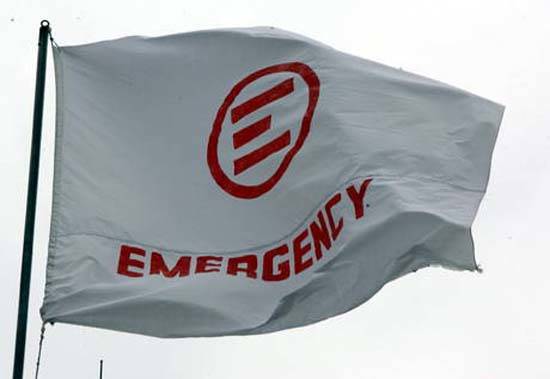

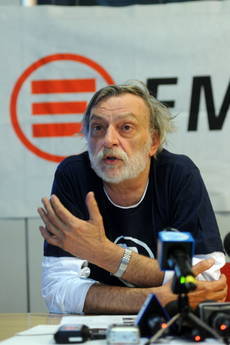
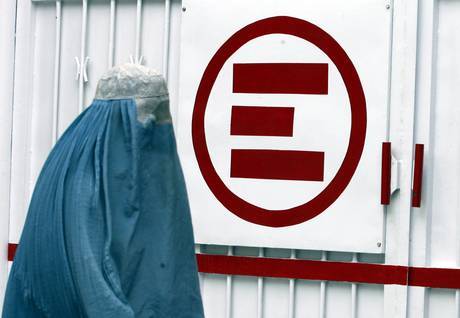
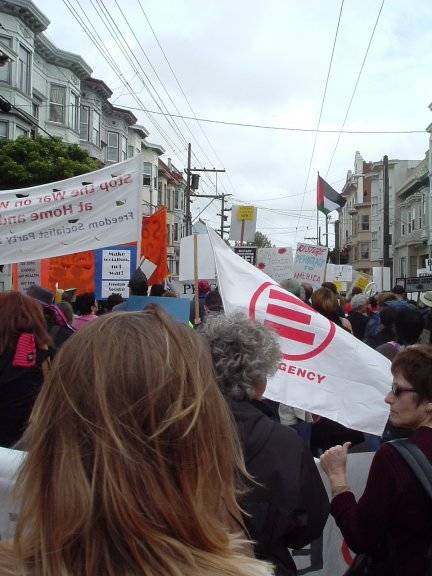
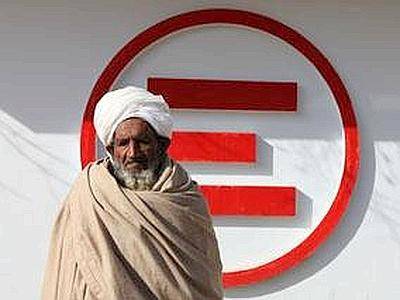






i-Italy
Facebook
Google+
This work may not be reproduced, in whole or in part, without prior written permission.
Questo lavoro non può essere riprodotto, in tutto o in parte, senza permesso scritto.